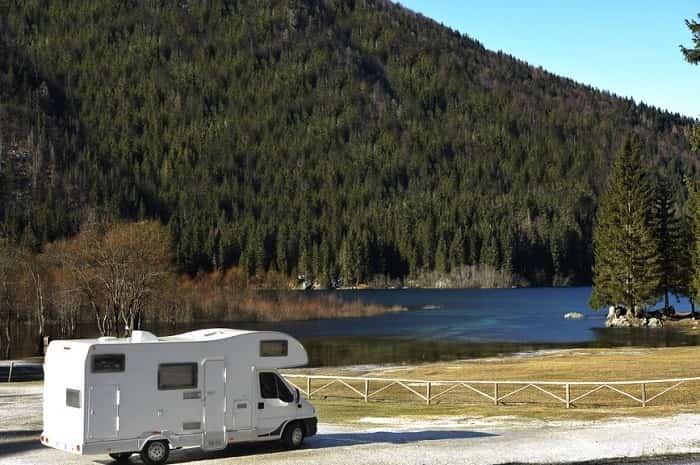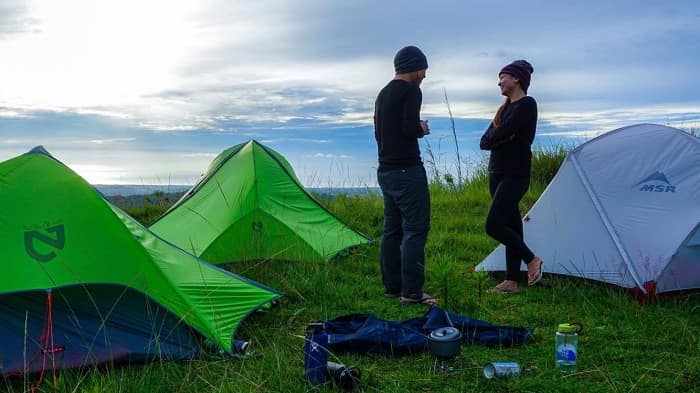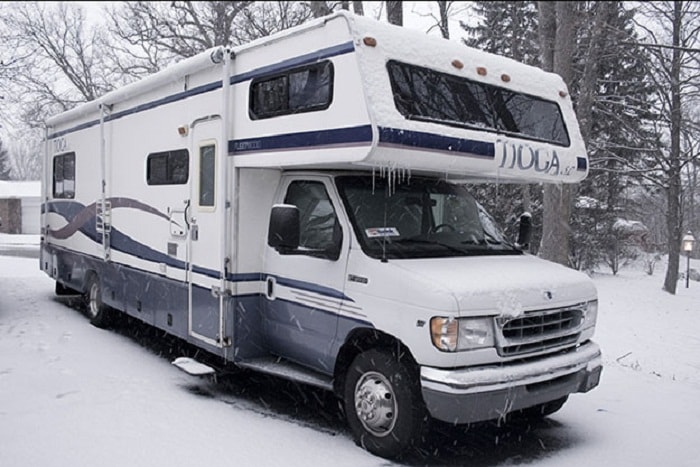There’s no better time to take up RV travel. Whether you enjoy road trips during the weekend, or you are a full-time RV traveler, there is always a recreational vehicle that will suit your needs, preferences, and budget.
With the fluctuating economy, RV travel is a very cost-effective means of transportation if you and your family want to go visit different destinations. Traveling in a recreational vehicle offers various benefits for many travelers, such as you. For one, it offers an affordable and exciting method of spending time with your whole family. In fact, you can save around 74% through RV travel instead of conventional travel. This amount of savings can be very beneficial if you are going on a long trip or on short weekend outings. If you are traveling via RV, here are a few smart tips you need to keep in mind.
Figure Out Which Road to Travel

The first tip you need to remember before you set out on your adventure is to map out your destinations. Although it is exciting to travel freely on the open road- to go wherever you want, whenever you want to, it is still smart to have solid travel plans. It is advisable to know where you are going and which route to take. You can plan out your routes so that you can travel along the roads that offer the best sights.
As a tip, you need to do your research and check travel guides, tourism boards, or you can go online. In addition, make sure that you print out the right road maps and install a GPS system in your RV as well. Be careful when planning out your route to avoid getting lost or wasting precious time.
Check Your RV before Traveling

Before you set out on the road and after making travel plans, you must first check your RV. Make sure that your vehicle is properly maintained and ready to go. Here are a few tips for a safer and trouble-free travel.
- Check the condition of all the belts and hoses in your RV. Make sure that they don’t have any cracks and replace them if needed.
- Inspect the headlights, turn signals, as well as the condition of the tires.
- Install a deadbolt door lock on your vehicle. You do not want to put yourself and your family in danger while you are at the campground.
- Your RV should have a fire extinguisher and check if the smoke alarms are working.
- Clean the cooking vent hood since this might cause grease fires.
- Verify your insurance policy and the coverage.
Have A Checklist Ready
While preparing for your RV travel, you need to have a checklist. Keeping a checklist will help save time and reduce stress when setting up and shutting down once you arrive at the RV campground. Here are the basics:
- Locate the sewer, water, and electrical systems.
- Hook your water, sewer, and gas systems
- Level your RV
- Turn on the water pump and heater.
Practice Proper Campground Etiquette

Most individuals and families who travel in an RV are very respectful and considerate to fellow campers when they are at the campground. The golden rule still applies- treat others as you would want to be treated. Stick to this rule and you will do just fine.
In addition, you can also talk to other RV ers to learn more tips and tricks which will help you address and avoid possible problems. You might even learn about wonderful destinations that only locals are aware of or about RV parks which they have passed on the way to the campground.
Driving Through Severe Weather

If you are suddenly hit with severe weather while you are on the road, you need to immediately seek a sheltered area where you can park. During a storm, you need to avoid trees and power lines since these can fall on your vehicle. In addition, you need to keep in mind to stay in your vehicle, especially when there is thunder and lightning. If you are in the path of a tornado, the safest thing to do is look for a tornado shelter. Another tip is to park the RV under a bridge overpass or park it in a ditch.
These are just a few RV travel tips for beginners. If you need a place to park your RV when you are not traveling, you can always look for storage facilities offering RV storage units.
